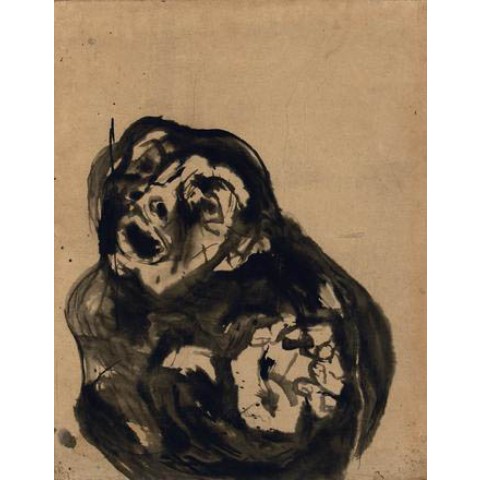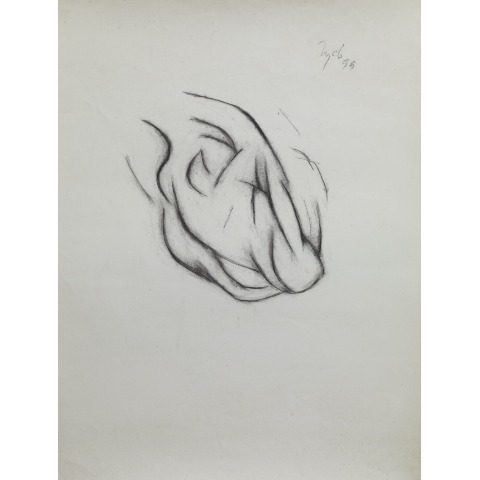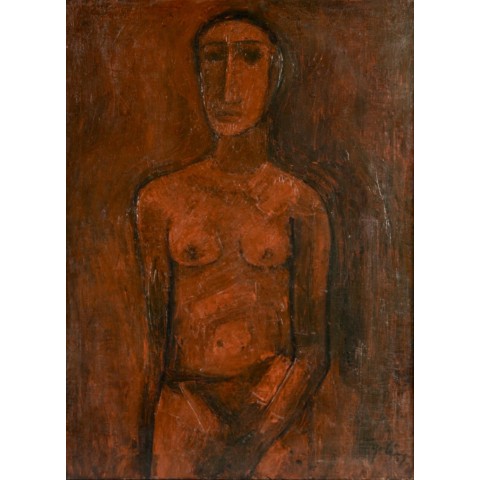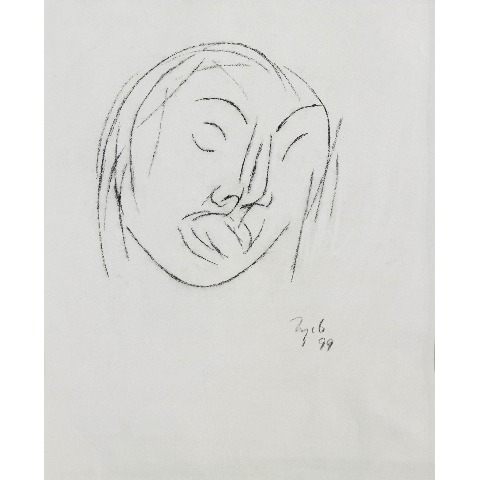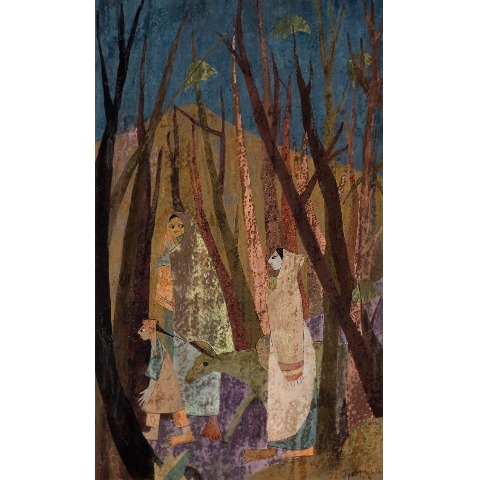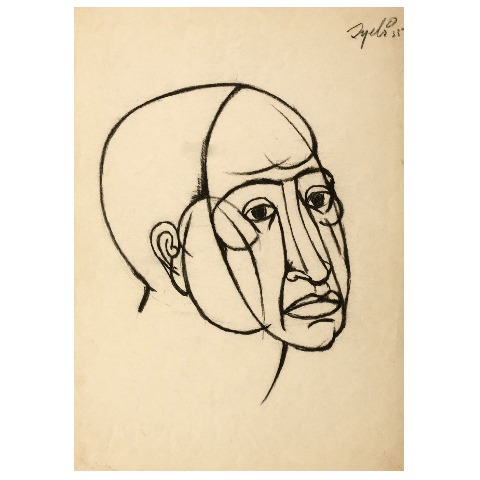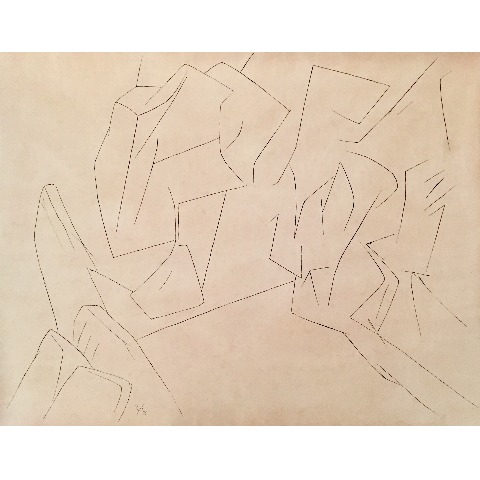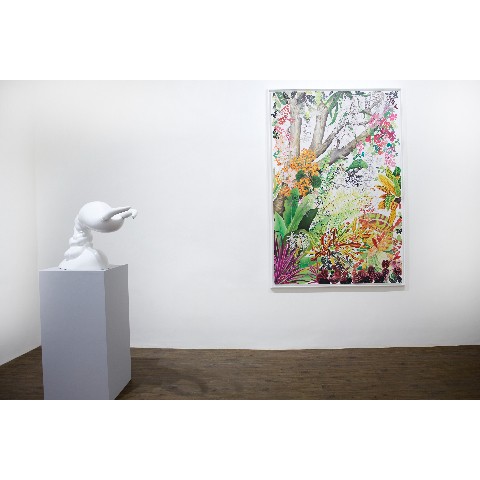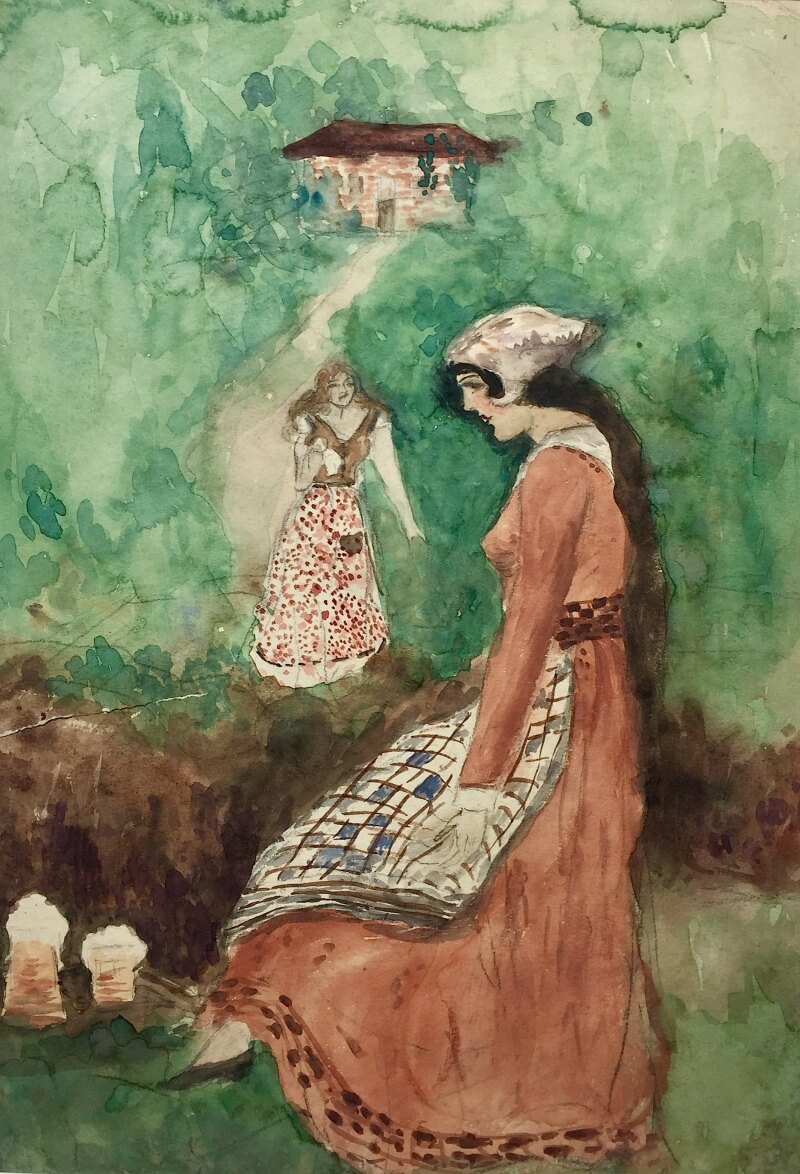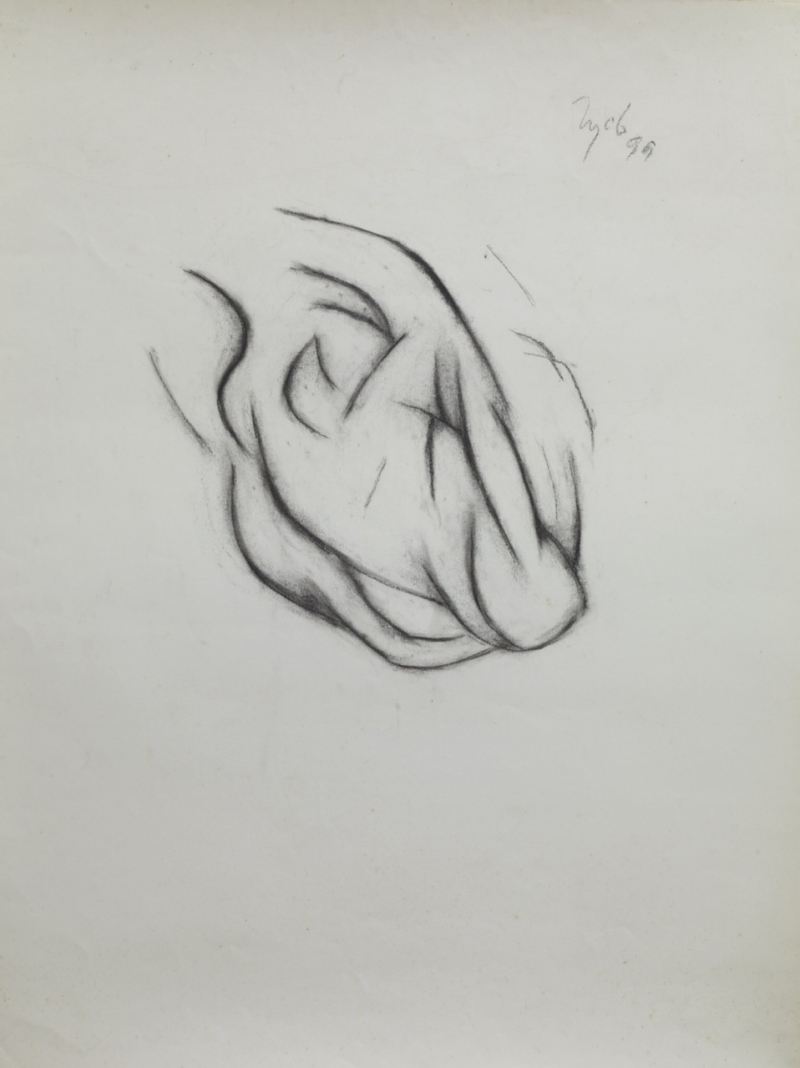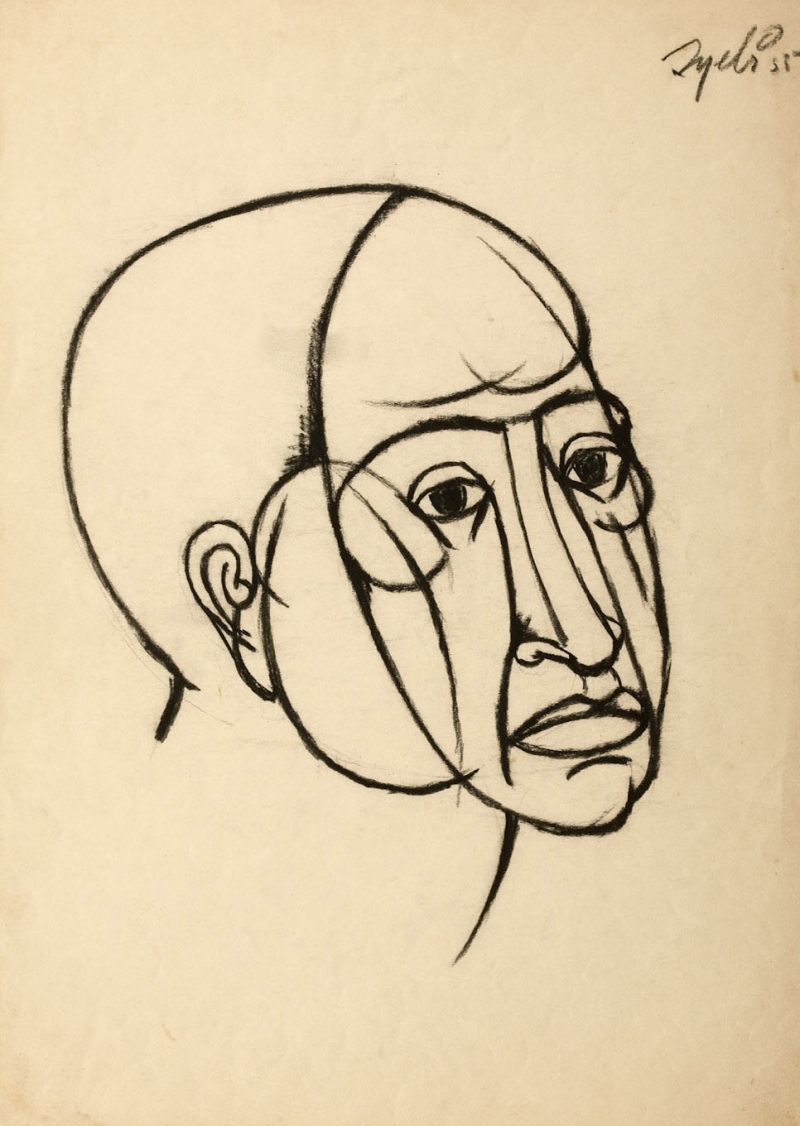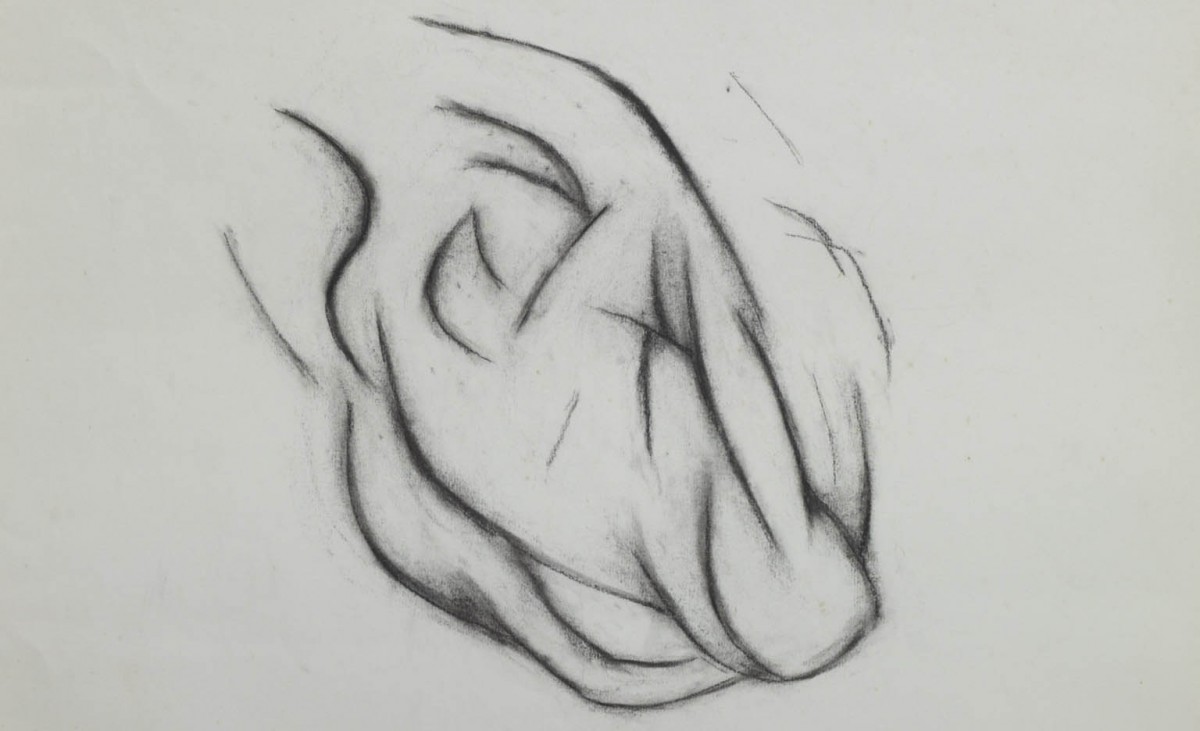
TYEB MEHTA
Akara Modern
1925 -2009
Tyeb Mehta
was one of India’s most renowned Modernist painters, noted for his powerful use
of traditional Indian themes and bold expressionistic style and colours. Born
in 1925, in Kapadvanj, Gujarat, initially he worked as a film editor in a
cinema laboratory at Famous Studios, Mumbai.
He graduated
with a degree in Fine Arts from the Sir J. J. School of Art, Mumbai. Mehta
joined the Progressive Artists’ Group in the 1950s and left for London in 1959,
where he worked and lived till 1964. While he was also known to have adopted
the pictorial language of European art through the 1950s and 60s, Mehta turned
to Indian themes and subjects through the 70s and 80s. His work is a reflection
of his preoccupation with formalist means of expression, characterized by matt
surfaces, diagonal lines breaking his canvases, and images of anguish. They
highlight the contemporary struggle in society with a dialogue on social
conditions and violence across the world. Common themes in his works were
trussed bulls, the rickshaw puller to the Diagonal series which he accidently
discovered in 1969.
During his
career he received several awards and recognition, at the first Triennial in
New Delhi in 1968, he was awarded with a gold medal for painting. He was even a
recipient of the Dayawati Modi Foundation Award for Art, Culture and Education
in 2005 and the Pada Bhushan in 2007.
